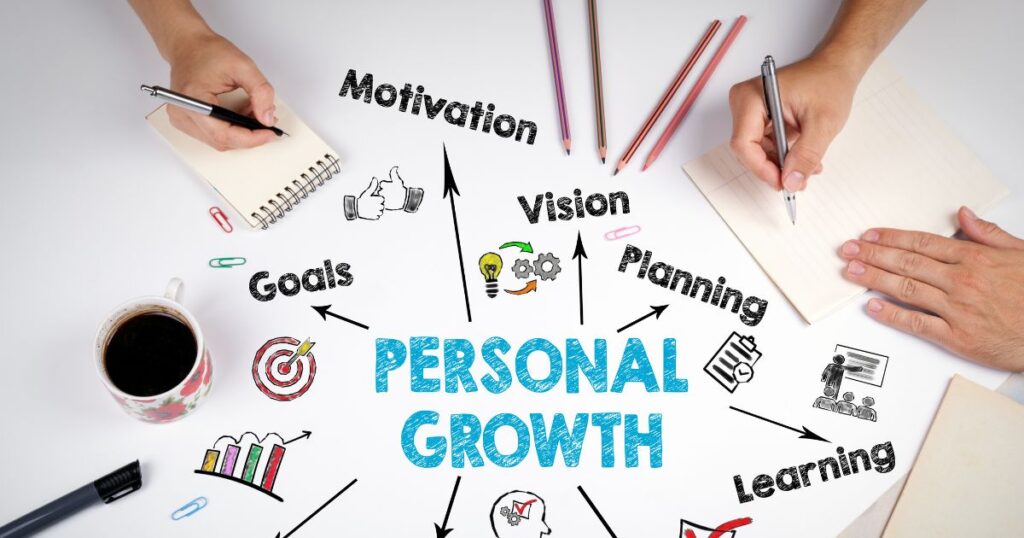In today’s fast-paced society, the quest for personal growth and well-being often leads individuals to explore various avenues for improvement. One such path is sleep optimization—a fundamental aspect of holistic wellness. Sleep optimization is not merely about getting more sleep but about enhancing the quality of sleep to improve physical health, mental clarity, and emotional balance.
The significance of sleep optimization cannot be overstated. It is an integral component of a healthy lifestyle, affecting everything from immune function to emotional resilience. The modern world, with its constant connectivity and relentless pace, often overlooks the importance of restful sleep. Yet, optimizing sleep is essential for achieving overall life satisfaction and well-being.
Consider this: every night, we have the opportunity to reset, rejuvenate, and prepare for the day ahead. But how often do we truly seize this opportunity? With the right practices, sleep can transform from a passive state into an active contributor to personal growth. The journey to better sleep is not just about rest—it’s about harnessing the power of sleep to enhance every aspect of life.
The Science of Sleep and its Impact on Health
Sleep is a complex physiological process that plays a crucial role in maintaining health. Scientifically, sleep is divided into several stages, including REM (rapid eye movement) and non-REM sleep, each serving distinct functions. During sleep, the body undergoes vital processes such as tissue repair, muscle growth, and memory consolidation.
Chronic sleep deprivation is a growing concern, with studies indicating that nearly one-third of adults do not get the recommended amount of sleep. This lack of sleep is linked to various health issues, including obesity, heart disease, and diabetes. The Centers for Disease Control and Prevention (CDC) categorizes insufficient sleep as a public health epidemic, highlighting its widespread impact.
Beyond physical health, sleep also affects cognitive functions. Adequate sleep enhances problem-solving abilities, memory retention, and emotional regulation. Conversely, sleep deprivation can lead to impaired judgment, reduced attention span, and increased stress levels. It’s evident that sleep is not just a passive state but a dynamic process crucial for overall health.
Moreover, research has shown that sleep quality is as important as sleep quantity. Poor sleep quality can lead to daytime fatigue, irritability, and decreased productivity. Optimizing sleep involves not only increasing sleep duration but also improving the quality of sleep to ensure restorative rest.
Optimizing Wellness through Structured Sleep Practices
Implementing structured sleep practices can significantly enhance sleep quality and overall wellness. Many adults report improved sleep quality through practices such as maintaining a consistent sleep schedule, creating a relaxing bedtime routine, and optimizing the sleep environment.

A consistent sleep schedule helps regulate the body’s internal clock, making it easier to fall asleep and wake up naturally. Going to bed and waking up at the same time every day—even on weekends—can reinforce this natural rhythm. Additionally, a calming bedtime routine can signal to the body that it’s time to wind down, facilitating a smoother transition to sleep.
Optimizing the sleep environment is another crucial aspect of sleep hygiene. This includes ensuring a comfortable mattress and pillows, minimizing noise and light, and maintaining a cool room temperature. These factors contribute to creating an environment conducive to restful sleep.
Furthermore, extended sleep has been shown to improve cognitive performance and reduce fatigue. Studies indicate that individuals who prioritize sleep experience better focus, memory, and overall cognitive function. By adopting structured sleep practices, individuals can enhance their wellness and unlock their full potential.
Sleep’s Role in Emotional and Personal Development
Sleep is intricately connected to emotional wellness and personal development. Sleep difficulties are common among individuals with depression, highlighting the bidirectional relationship between sleep and mental health. Poor sleep can exacerbate symptoms of depression, while improving sleep quality can enhance emotional well-being.
Proper sleep hygiene can also boost learning capacity and creativity. During sleep, the brain processes and consolidates information acquired during the day, facilitating learning and memory retention. Additionally, sleep fosters creativity by allowing the brain to make novel connections and generate innovative ideas.
Personal growth is often driven by emotional balance and resilience. Sleep plays a vital role in achieving these qualities by regulating mood and stress levels. Adequate sleep supports emotional regulation, helping individuals respond to challenges with greater composure and adaptability.

The benefits of sleep extend beyond physical health; they encompass emotional and personal development. By prioritizing sleep, individuals can enhance their learning potential, creativity, and emotional resilience, paving the way for personal growth and fulfillment.
Embracing the Transformative Power of Sleep
As we have explored, sleep is a powerful tool for personal growth and well-being. It is a fundamental aspect of holistic wellness, impacting physical health, mental clarity, and emotional balance. By prioritizing sleep optimization, individuals can harness the transformative power of sleep to enhance every aspect of their lives.
The journey to better sleep is a commitment to oneself—a commitment to health, clarity, and emotional stability. It is an acknowledgment of the vital role sleep plays in achieving overall life satisfaction and well-being. In a world that often values productivity over rest, embracing the importance of sleep is a radical act of self-care.
Ultimately, sleep is not just a necessity; it is an opportunity. An opportunity to reset, rejuvenate, and grow. By embracing the transformative power of sleep, individuals can unlock their full potential and embark on a journey of personal growth and fulfillment.
